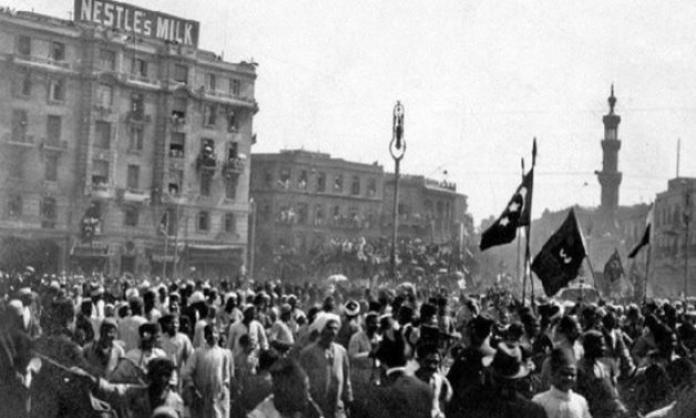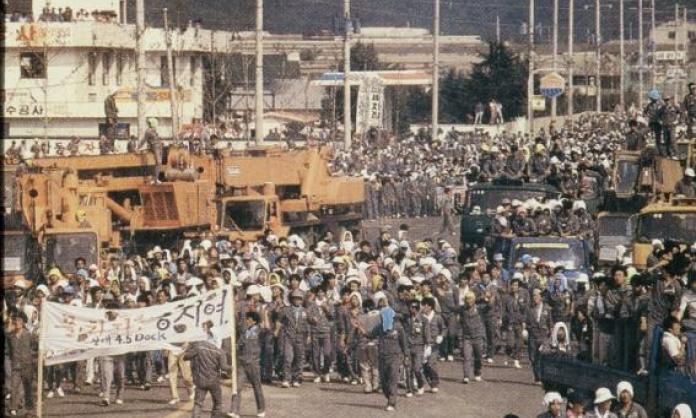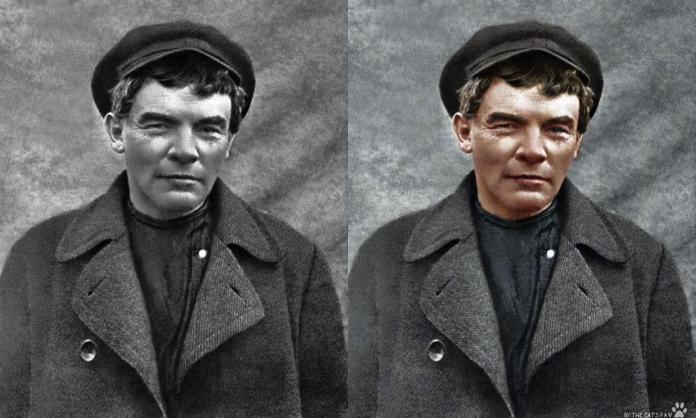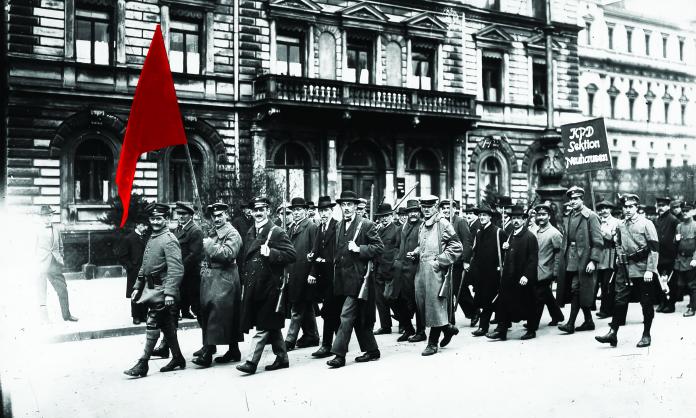Hearings by the NSW Independent Commission Against Corruption (ICAC) and several newspaper reports have put the spotlight on political fundraising and the influence obtained by big donors. ICAC has uncovered the Coalition using shadowy foundations and other dodges to hide illegal donations from property developers.
Fairfax newspapers disclosed that Treasurer Joe Hockey was available for boardroom lunches with businesspeople who paid from $5,500 to $22,000 a year. Fairfax has also reported that a Liberal fundraising event in the Melbourne electorate of Bruce for last year’s federal election was partially funded by a suspected Mafia figure. On Labor’s side, businesspeople who pay $5,000, $10,000 or $15,000 get lunch with and “access” to leader Bill Shorten and various shadow ministers.
Tony Abbott defended Hockey, saying, “All political parties have to raise money. The alternative to fundraising in this time-honoured way is taxpayer funding.” Abbott evidently realises that openly pouring public funds into party coffers would be unpopular – justifiably so. Why should we be taxed to pay the parties that are already robbing us for the benefit of big business?
Education minister Christopher Pyne has another proposed “remedy” – that only individuals, not corporations or unions, be allowed to donate to parties. Sounds fair: you, James Packer and Gina Rinehart will all have an equal chance to influence party leaders, if you donate the same amounts.
Is there any other arrangement that could prevent the rich using their money to ensure that the people who win elections favour their interests? The short answer to that is “No”. Abbott was right when he said that parties have to raise money – big money – to win elections. As with everything else in capitalism, you get as much “democracy” as you can pay for. That will continue regardless of how election funding laws are changed.
Marxists look forward to a completely different method of electing representatives, once the capitalists have been expropriated. Workers’ democracy, unlike capitalist “democracy”, will not have to be put in inverted commas.
The world was given a glimpse of what a system of workers’ democracy will look like in 1917, during the Russian Revolution. Workers, peasants and soldiers all directly elected representatives to councils covering their immediate area or workplace. The people they elected and their politics were known to them. If representatives didn’t behave as their voters wished, they could be replaced very quickly.
These local or workplace councils then elected representatives to a broader council that had responsibility for a larger area, such as a district. District councils then elected delegates to a city or provincial council, and the latter then elected members of the national council. All delegates at every level were recallable, and none were paid more than the salary of a skilled worker. Parties competed for election on the basis of their politics, not how much money they could raise.
These councils, known as “soviets” from the Russian word for “council”, were democratic, accountable and effective: they were the authority that replaced the unelected Provisional Government and created a government based on the workers and peasants.
Later, as the result of imperialist invasion, civil war and the receding of the revolutionary wave in Europe, the soviets were eventually defeated. The defeat was not obvious and quick, but occurred gradually, through the rise of the Stalinist ruling layer, which was able to suppress real democracy and turn the soviets into mere rubber stamps for the leaders.
Despite that defeat, the Russian soviets demonstrated how a new revolutionary wave will be able to create a democratic system in which working people, not millionaires, have real control over elections and political decisions. All it takes is a revolution.











